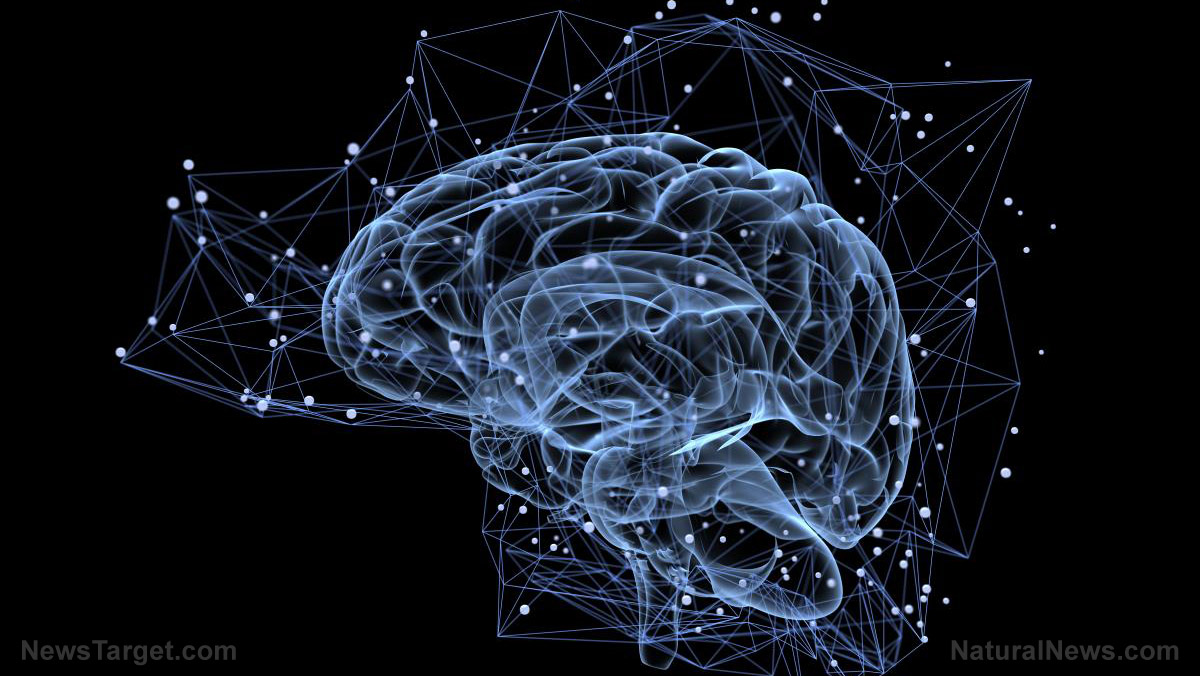6 Mental health benefits of L-Theanine
11/01/2018 / By Ellaine Castillo

Tea is a well-loved beverage around the world not only for its taste but also for its health benefits. There are more than 1,300 compounds that work together to make tea the healthy beverage that it is. Among these compounds, there is one that stands out because of its effects on mental health and brain function: L-theanine.
L-theanine, or simply theanine, is an amino acid that is rarely found in nature. So far it has only been identified in green, black, white, and oolong tea, which are all made from the leaves of Camilla sinensis, and in the edible mushroom Boletus badius. Fortunately, theanine supplements are now available on the market. It is a great brain supplement because it has the ability to cross the blood-brain barrier, allowing it to easily reach the brain and induce its desired effects.
Once it reaches the brain, one of the things that theanine can do is increase the amount of neurotransmitters being produced. Neurotransmitters are chemicals used by the brain cells to communicate with each other. Some of the neurotransmitters that increase with the presence of theanine include serotonin, dopamine, and GABA (gamma-aminobutyric acid). These neurotransmitters can improve brain functions like learning, memory, and mood. Theanine can also promote the production of brain-derived neurotrophic factor (BDNF) and nerve growth factor (NGF) so that new brain cells and neurons can be produced to replace the damaged ones.
Theanine also improves psychological and physiological responses to stress. Under stressful conditions, many people experience an increase in heart rate and blood pressure, but with theanine, these symptoms can be avoided. The observed increase in GABA is useful when adapting to stress since this can promote relaxation and reduce anxiety. Without theanine, there would be insufficient GABA so the brain would remain in a state of overexcitement. Previous studies have shown that theanine is just as effective as the anti-anxiety medication Xanax but without the harmful side effects, which include insomnia, light-headedness, memory problems, and addiction.
Another mechanism that theanine employs to induce a state of relaxation is altering brainwaves. These patterns correspond to the electrical activity produced when brain cells communicate with each other. In the presence of theanine, the brainwaves follow the alpha pattern which is associated with a state of relaxation and attention similar to meditation. This effect is felt for 30 to 45 minutes after theanine is supplemented to the body. Since the body is in a relaxed state, it can also help achieve better sleep quality, which gives the brain time to repair damage and consolidate memories.
People who regularly drink tea also reduce their risk of getting a stroke and developing Alzheimer’s disease since theanine has neuroprotective properties. Moreoever, L-theanine prevents cell death after stroke and protects against neurotoxins that cause Parkinson’s disease, like trichloroethylene and perchloroethylene. Previous studies have also shown that older adults who drink tea have better mental abilities than those who don’t. This can be attributed to the ability of theanine to slow down cognitive decline by increasing blood flow to the brain. (Related: Have you heard of l-theanine? This compound is crucial for improving brain health and mental well-being.)
Drinking tea doesn’t just supplement the body with theanine, it also provides caffeine. These two compounds work together to improve cognitive performance. There’s no need to worry about the harmful effects of caffeine since theanine inhibits overstimulation.
Many people love to take care of their body but they often forget to give the same level of attention to mental health. It’s time to give the brain some love and start drinking tea or taking theanine supplements.
Sources include:
Tagged Under: Anxiety, black tea, brain function, brain health, cognitive health, Green tea, herbal medicine, L-Theanine, mental health, neuroprotective, nutrients, nutrition, oolong tea, supplements, theanine
RECENT NEWS & ARTICLES
COPYRIGHT © 2017 BRAIN NEWS


















